United Nations Global Compact
The United Nations Global Compact (UNGC) is a voluntary initiative by businesses and organizations which was proposed by then UN Secretary-General Kofi Annan at the World Economic Forum in Davos in 1999 and launched in 2000 to actualize sustainable growth.
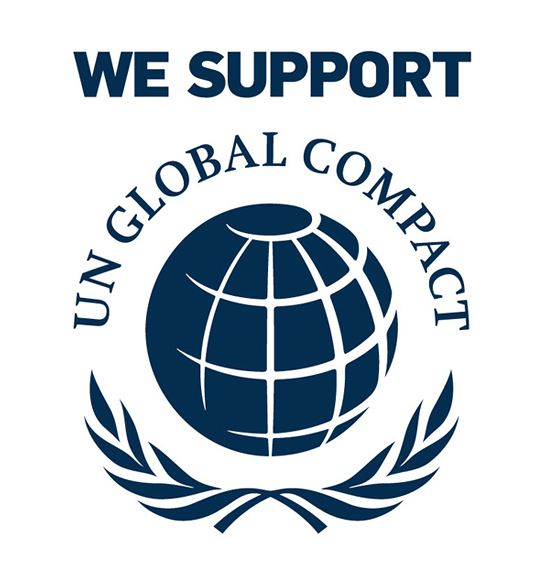
In February 2020, Brother Industries, Ltd. (BIL) showed its support for the initiative and the president and representative director signed the agreement to participate in UNGC. Through compliance with the UNGC's 10 principles focusing on four different areas: human rights, labour, environment and anti-corruption, all the respective Brother Group employees will continue to maintain high awareness of social issues and to pursue activities to become a company that contributes to sustainable development of society further.
| Human Rights |
Principle 1: Businesses should support and respect the protection of internationally proclaimed human rights; and Principle 2: make sure that they are not complicit in human rights abuses. |
|---|---|
| Labour |
Principle 3: Businesses should uphold the freedom of association and the effective recognition of the right to collective bargaining; Principle 4: the elimination of all forms of forced and compulsory labour; Principle 5: the effective abolition of child labour; and Principle 6: the elimination of discrimination in respect of employment and occupation. |
| Environment |
Principle 7: Businesses should support a precautionary approach to environmental challenges; Principle 8: undertake initiatives to promote greater environmental responsibility; and Principle 9: encourage the development and diffusion of environmentally friendly technologies. |
| Anti-corruption | Principle 10: Businesses should work against corruption in all its forms, including extortion and bribery. |
Responsible Business Alliance
The Responsible Business Alliance (RBA) is a non-profit organization that supports the rights and well-being of workers and communities that are affected by global supply chains.
Since BIL joined the RBA in January 2019, it has been conducting audits of Brother Group facilities through third-party organizations certified by the RBA. As a result, in FY2020 and the following years, 4 Manufacturing facilities received RBA certification.
| Facilities | Main Business | Status | Date of Acquisition |
|---|---|---|---|
| BROTHER INDUSTRIES (VIETNAM) LTD. | Manufacturing of printers and All-in-Ones | Platinum | October 29, 2024 |
| BROTHER TECHNOLOGY (SHENZHEN) LTD. | Manufacturing of printers and All-in-Ones | Platinum | October 3, 2023 |
| BROTHER INDUSTRIES (PHILIPPINES), INC. | Manufacturing of printers, All-In-Ones and labeling systems | Platinum | November 18, 2023 |
| BROTHER INDUSTRIES, LTD. (Hoshizaki Factory) |
Manufacturing of inkjet printheads and related components, etc. | Platinum | May 3, 2024 |
The RBA Code of Conducts sets out standards to ensure that working conditions are safe, that workers are treated with respect and dignity, and that business operations are conducted environmentally responsibly and ethically. The organization requests its members to pursue compliance with the respective standards through their management systems.
As a member of the RBA, BIL, will assess manufacturing processes of the entire group from global perspectives and propel further activities to establish sustainable supply chains to become a company trusted by all the stakeholders.
| A. LABOR |
|
|---|---|
| B. HEALTH and SAFETY |
|
| C. ENVIRONMENT |
|
| D. ETHICS |
|
| E. MANAGEMENT SYSTEMS |
|
- Click to view about RBA (the link to the site of "RBA")
- Click to view of the RBA Code of Conduct Version 8.0 (2024) (the link to the site of "RBA Code of Conduct 8.0 (2024)")
TCFD Recommendations
In February 2020, the Brother Group expressed our support for the recommendations made by the Task Force on Climate-related Financial Disclosures (TCFD).

In FY2021, based on the TCFD's recommendations, we analyzed the risks and opportunities that climate change brings to our business and disclosed relevant information for our Printing & Solutions Business, Machinery Business, Personal & Home Business, and new business. In the future, we will work to enhance our information disclosure and promote further measures for mitigating climate change to contribute toward creating a carbon-free society.
- Task Force on Climate-related Financial Disclosures (TCFD)
- To visit TCFD website (the link to the site of "TCFD")
TNFD Recommendations
In February 2025, the Brother Group expressed its support for the framework of the Taskforce on Nature-related Financial Disclosures (TNFD), joined the TNFD Forum, and registered as a TNFD Adopter*.

Brother will begin its nature-related information disclosures in line with the TNFD Recommendations in FY2025. Moving forward, through its contributions as a member of the TNFD Forum, Brother will strive to minimize the environmental impact of its business operations and promote ecosystem restoration and conservation efforts that go beyond merely addressing that impact.
- A company or organization that has registered its commitment on the TNFD website to disclose information in line with the TNFD Recommendations. Such entities are expected to begin such disclosures in either FY2024 or FY2025.
- Taskforce on Nature-related Financial Disclosures (TNFD)
- To visit TNFD website (the link to the site of "TNFD")
Japan Climate Initiative
In February 2020, BIL joined the Japan Climate Initiative* in support of its declaration: "Joining the front line of the global push for decarbonization from Japan."
- The Japan Climate Initiative is a network designed to strengthen the exchange of information and opinions among corporations, municipalities, NGOs, and others actively addressing climate change in Japan.
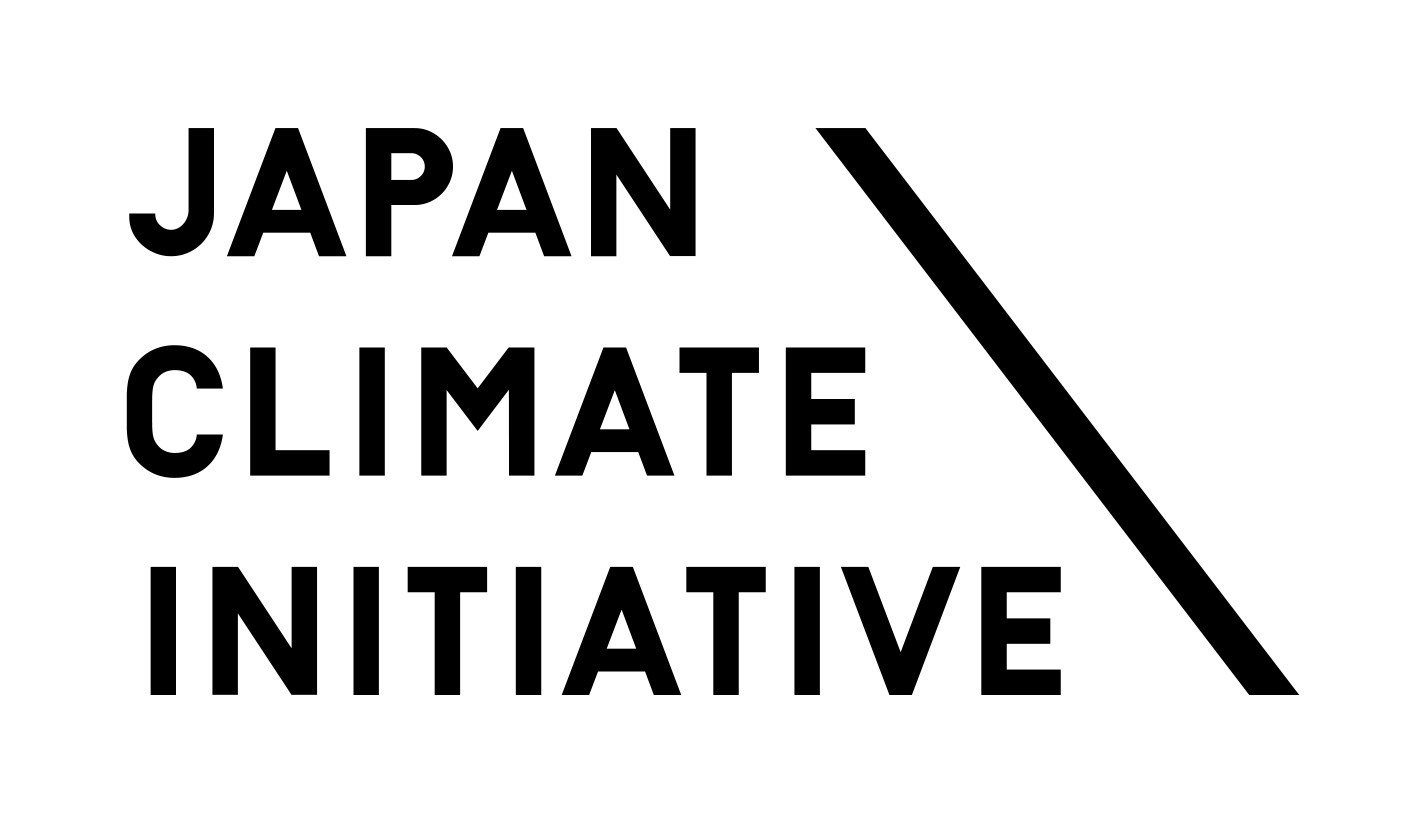
Japan Partnership for Circular Economy (J4CE)
In August 2022, BIL joined the Japan Partnership for Circular Economy (J4CE)* founded by the Japanese Ministry of the Environment, Ministry of Economy, Trade and Industry, and Keidanren (Japan Business Federation), in support of its purpose.
- J4CE is an organization founded for the purpose of strengthening public and private partnerships, with the aim of further fostering understanding of the circular economy among a wide range of stakeholders, including domestic companies, and promoting initiatives in response to the accelerating global trend toward a circular economy.
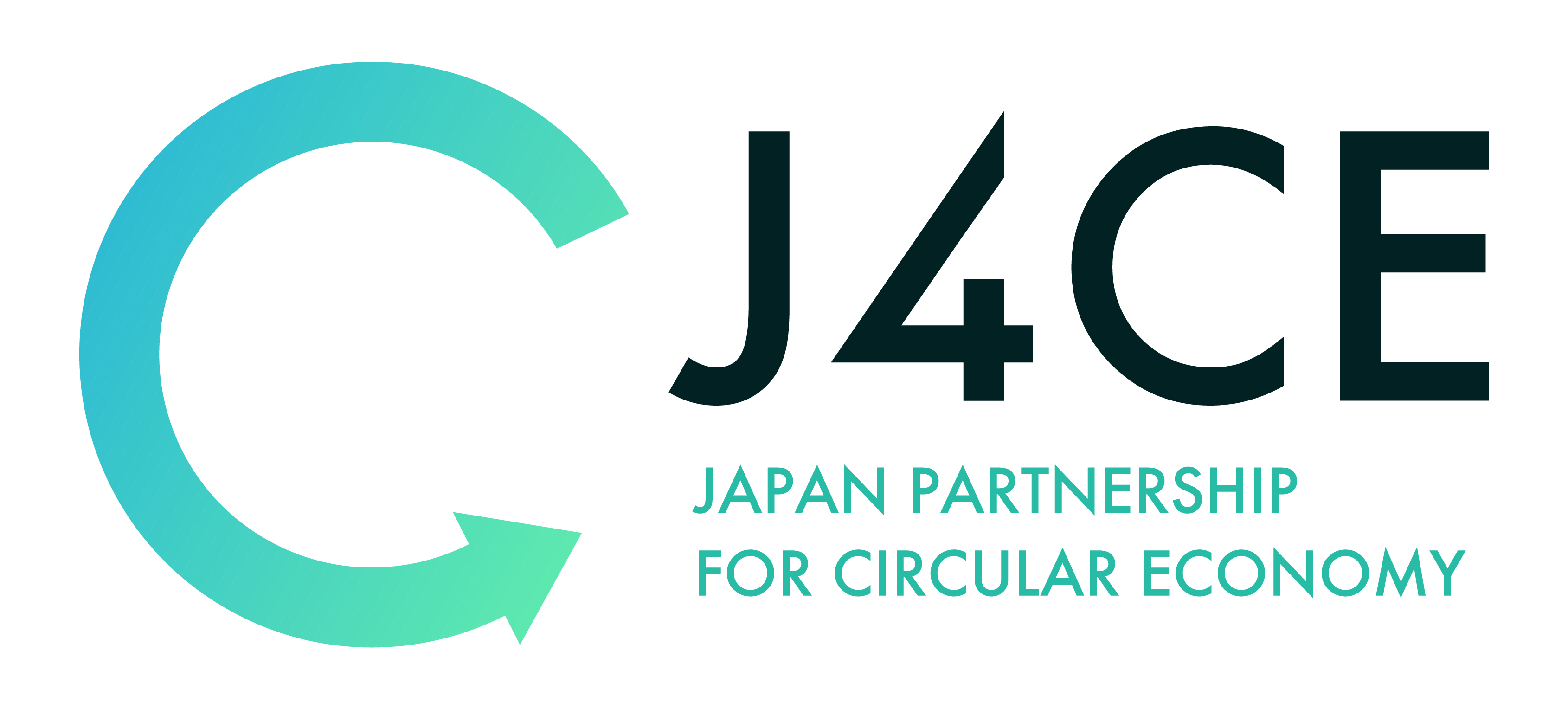
Circular Partners
In March 2024, BIL joined Circular Partners* (an industry-government-academia partnership for a circular economy) launched by the Japanese Ministry of Economy, Trade and Industry so as to promote activities to realize a circular economy.
- Circular Partners is an alliance of organizations for a circular economy (CE) across Japan, including the national government, local governments, universities, companies, industry associations, and relevant institutions and organizations, to discuss and explore measures necessary to achieve a CE in Japan.
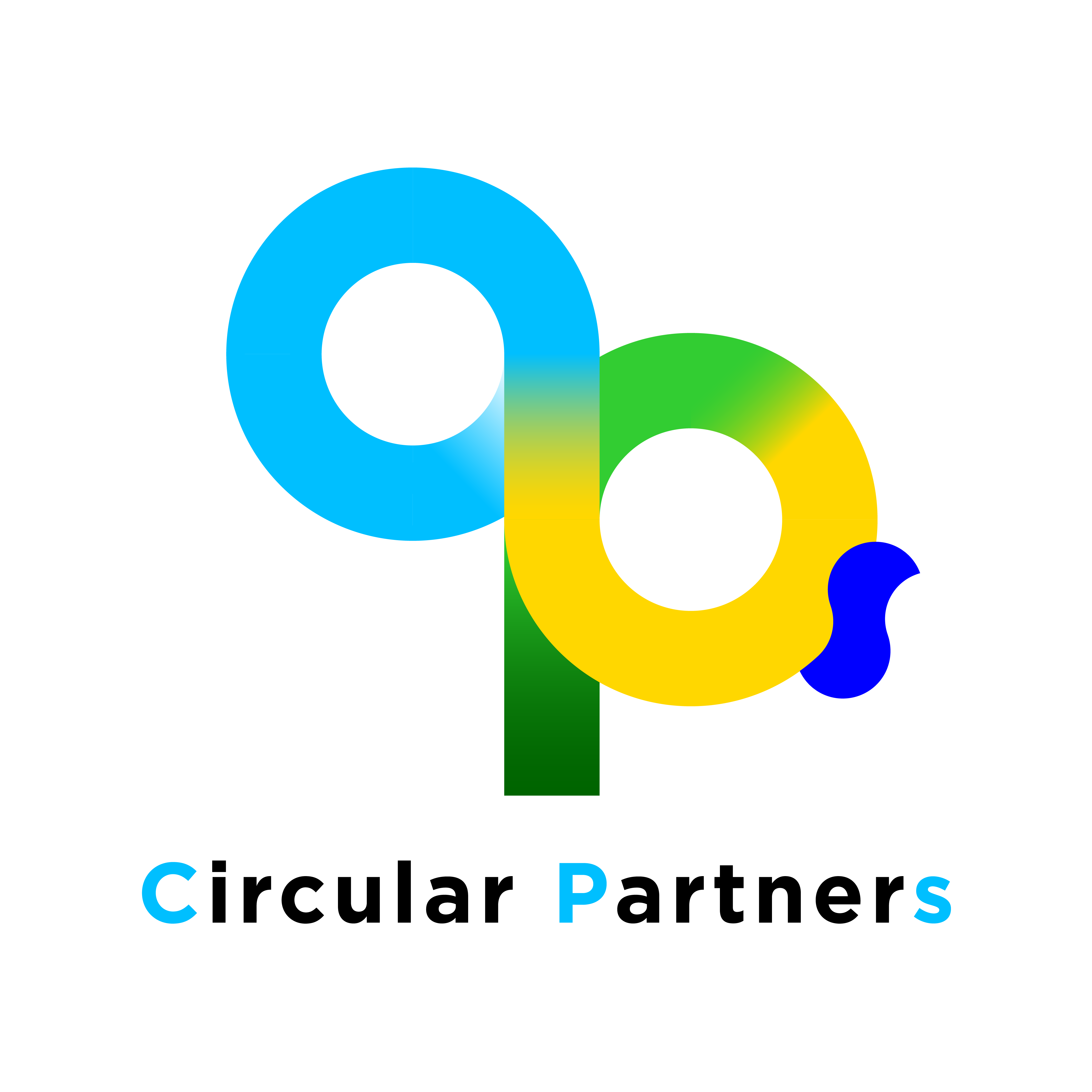
Green x Digital Consortium
In October 2021, BIL participated in the Green x Digital Consortium established by the Japan Electronics and Information Technology Industries Association (JEITA). The Green x Digital Consortium promotes corporate carbon neutrality and optimization activities coordinated with the times of industry and society.
BIL is demonstrating leadership within the industry by serving as a sub-leader of the Methodology Sub-Working Group, which establishes a framework for CO2 data calculation and sharing methods.

30by30 Alliance for Biodiversity
In October 2023, BIL joined the 30by30 Alliance for Biodiversity*1, a coalition of volunteers launched by the Ministry of the Environment (MOE) to actively develop initiatives for biodiversity conservation. At the same time, the MOE has recognized BIL's "Brother Forests in Gujo", which BIL has been operating since 2008 as part of its environmental protection activities, as a "Nationally Certified Sustainably Managed Natural Site"*2 (first half of 2023) to achieve the 30by30 target. In August 2024, "Brother Forests in Gujo" was also registered in the World Database on OECMs*3, one of the international databases managed by the United Nations Environment Programme World Conservation Monitoring Centre (UNEP-WCMC), as an OECM.
BIL will continue to actively deploy initiatives to conserve biodiversity and contribute to the achievement of the 30by30 target.
- 30by30 is a target to effectively conserve at least 30% of the land and sea in healthy ecosystems by 2030, aiming to achieve the goal of becoming "nature positive" to halt the loss of biodiversity and restore it, which was agreed at the G7 Summit in 2021.
- Nationally Certified Sustainably Managed Natural Sites are areas where biodiversity is being conserved through private initiatives and other means as part of actions taken in Japan to achieve the 30by30 target, and the government has begun certifying them since FY2023.
- OECMs stands for “Other Effective area-based Conservation Measures,” referring to areas that are not designated as national parks or similar protected areas but where biodiversity can be effectively conserved.
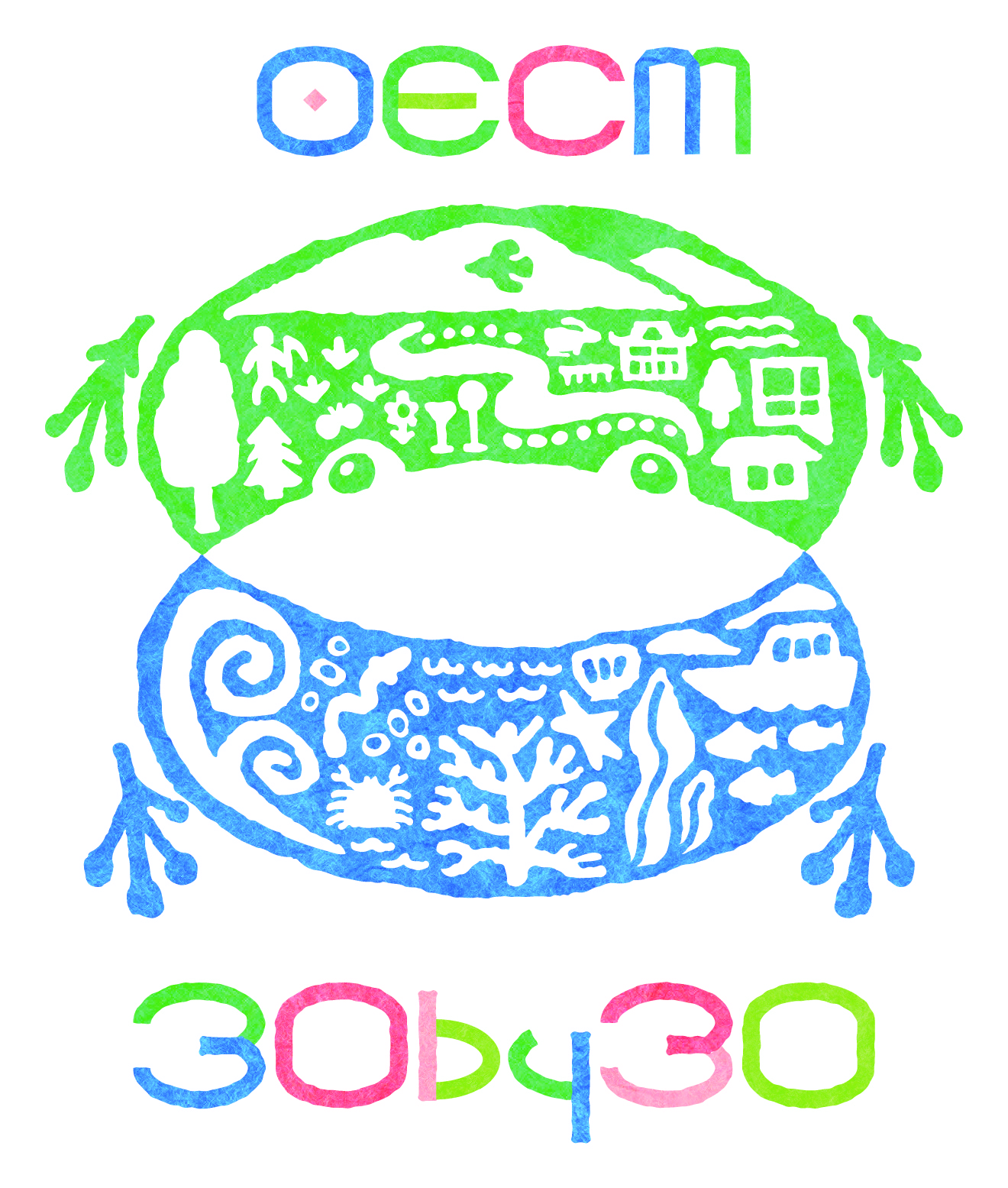
- Click here for the 30by30 Alliance website (Link to 30by30 Alliance website)
- "Brother Forest in Gujo" special site (Brother SDGs STORY)
CDP
BIL has been responding to the Climate Change and Water Security Questionnaires by CDP* since 2015.
- CDP is a British NGO that operates a global disclosure system to help investors, companies, cities, states and regions manage their environmental impacts.
Eco-First Commitments
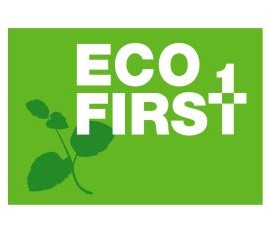
BIL is certified under the Eco-First Program.
The Eco-First Program is a certification program by the Minister of the Environment. Under this program, companies make voluntary promises regarding environmental conservation—such as global warming measures and measures related to waste and recycling—to the Minister of the Environment, who certifies these companies as companies conducting business activities that are advanced, unique, and industry-leading in the environmental field.

